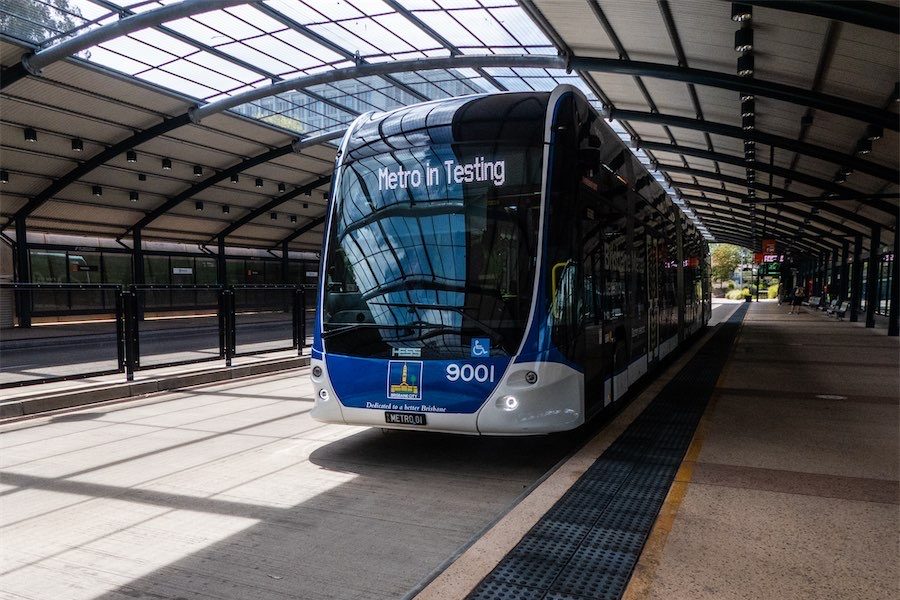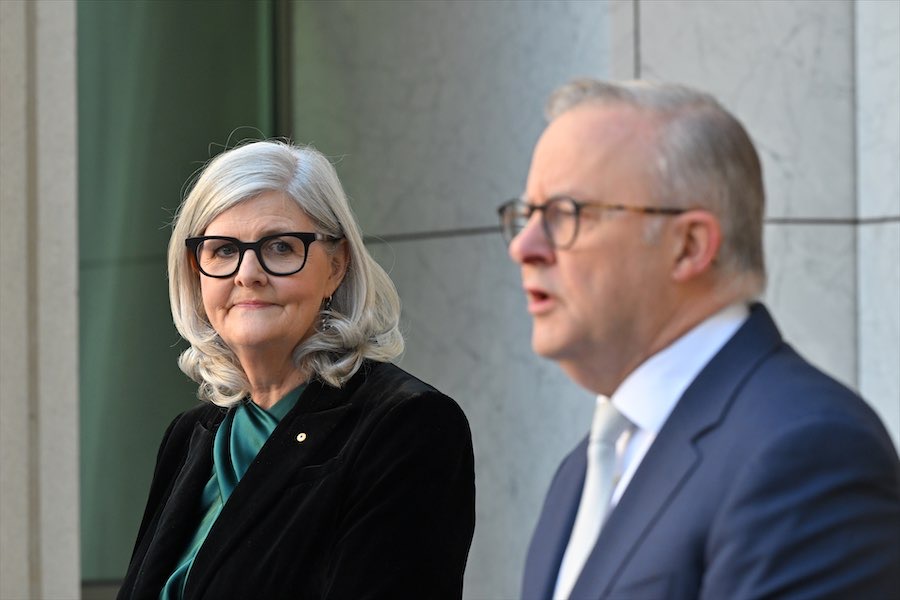“Machine learning is a subfield of computer science that evolved from the study of pattern recognition and computational learning theory in artificial intelligence.”
– Wikipedia
MACHINE learning is becoming a very hot field at the moment and if, like everyone else, you’ve searched using Google lately then it’s already impacting on your life.

Some recent successes of the field include the destruction of humanity’s finest “Go” player.
The board game Go had been thought to be beyond computers because, as Wikipedia states: ”The number of possible games of Go far exceeds the number of atoms in the observable universe”.
But machine learning is not about brute forcing every possible permutation in search of an optimal solution. It appears to allow computers to make inspired leaps to solutions we humans have never considered.
In Canberra last month, scientists at ANU applied the same technique to the problem of using lasers to cool gases down to very close to absolute zero.
The machine learning they applied discovered incredibly more efficient and fast ways to achieve their desired outcomes. They calculate that if it had merely simulated different permutations, it would have taken longer than the life of our universe to find its solutions.
Basically, wherever a problem can be clearly stated, and large amounts of digitised data are available, machine learning has the potential to discover better ways of doing things.
So here in Canberra there are super-cooled gas clouds owing their existence to machines that can far exceed our own capacity to learn and to reason.
On Google your search and streetview results are being tempered by machine-learning systems and the big G is now building specialised computer chips to use the language of the system.
There are, of course, seemingly endless applications and very smart people are already looking to harness them. You can buy machine-learning processing from Amazon right now, but you’ll need a post-doctoral degree to use it well.
The financial markets in particular could get very peculiar very quickly. Trading houses are already technology leaders in networking switches to allow them to trade at high volumes ever faster.
But what if we got a little more ambitious?
What if we asked the machines about a better way to organise our very societies to maximise happiness? Or to maximise wealth? Deciding what we really care about is going to be extremely important very soon now.
When Google’s AlphaGo program beat world champion Lee Sedol by four games to one it produced moves never previously before known to the extensive world of Go scholarship.
Currently our society is grounded in the teachings of a holy book over 2000 years old with some political theory largely cobbled together over 200 years ago. There are probably, almost certainly, better ways of doing things.
The societies willing to embrace these new ways are going to bang the drums of their competitors.
So while getting machines to think about how we structure our political economy is a scary idea, isn’t it scarier still to sit on our hands while competitors steal the head start?
Who can be trusted?
In a world of spin and confusion, there’s never been a more important time to support independent journalism in Canberra.
If you trust our work online and want to enforce the power of independent voices, I invite you to make a small contribution.
Every dollar of support is invested back into our journalism to help keep citynews.com.au strong and free.
Thank you,
Ian Meikle, editor




Leave a Reply